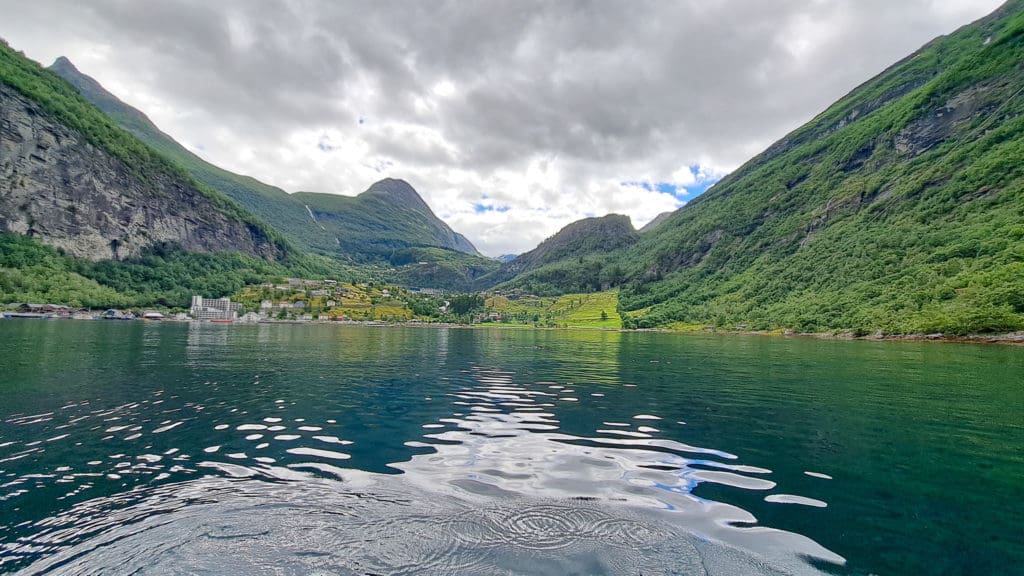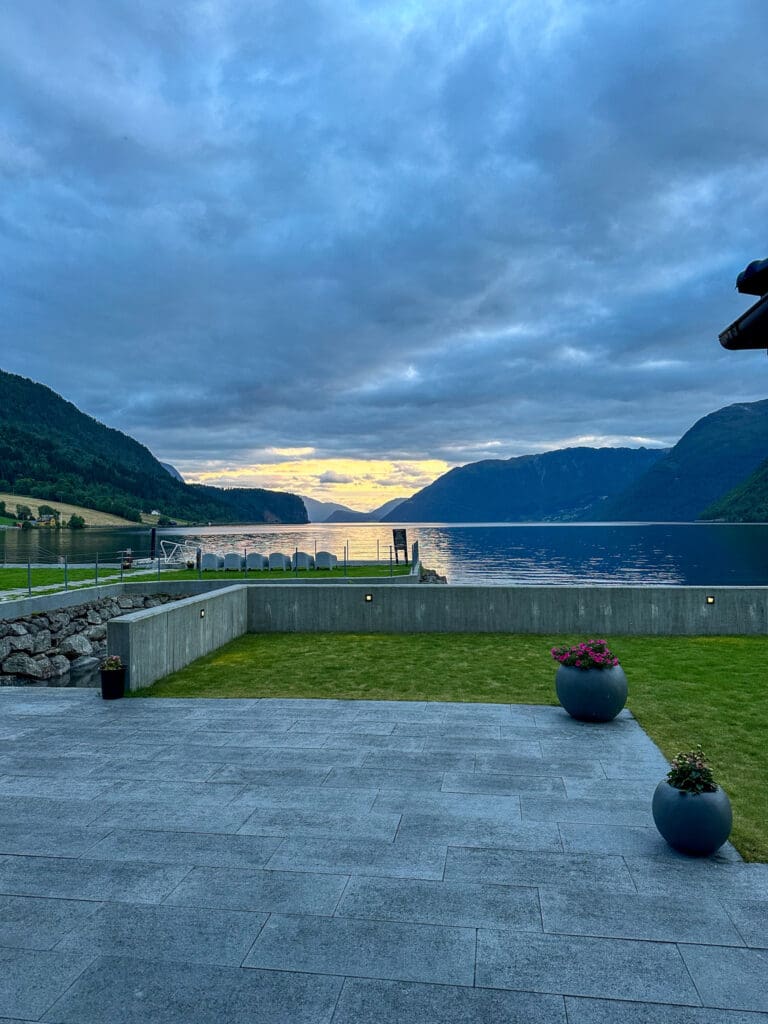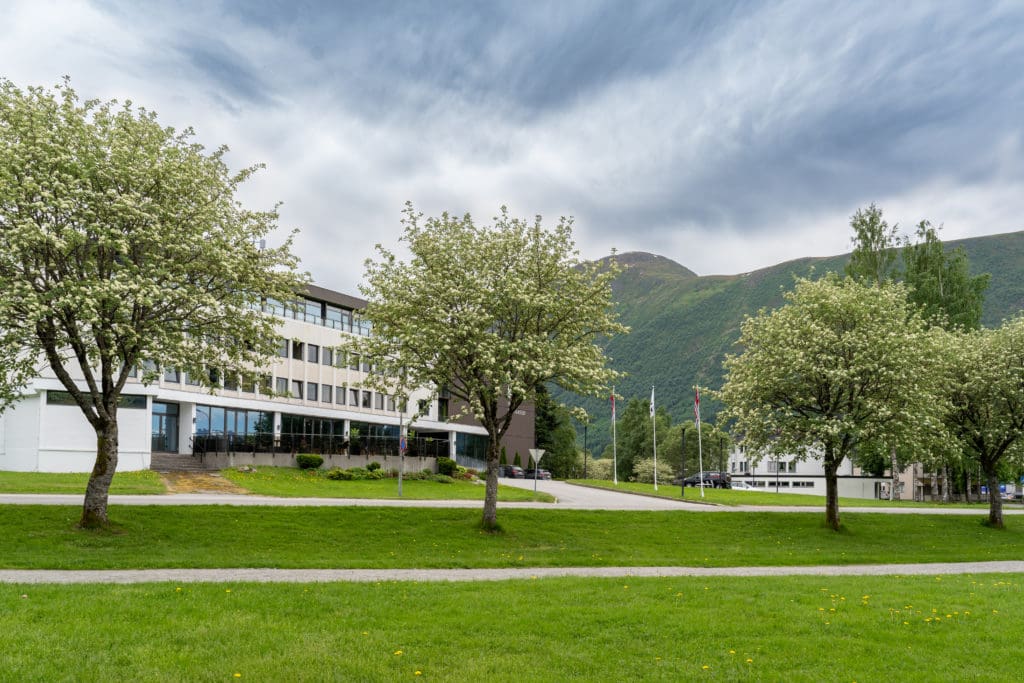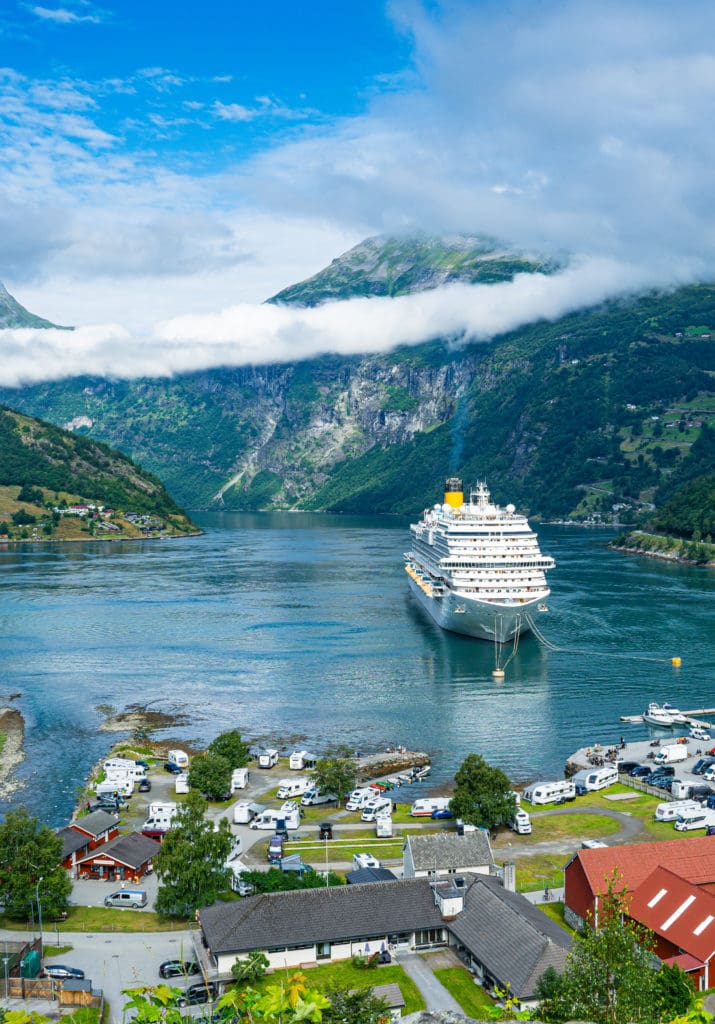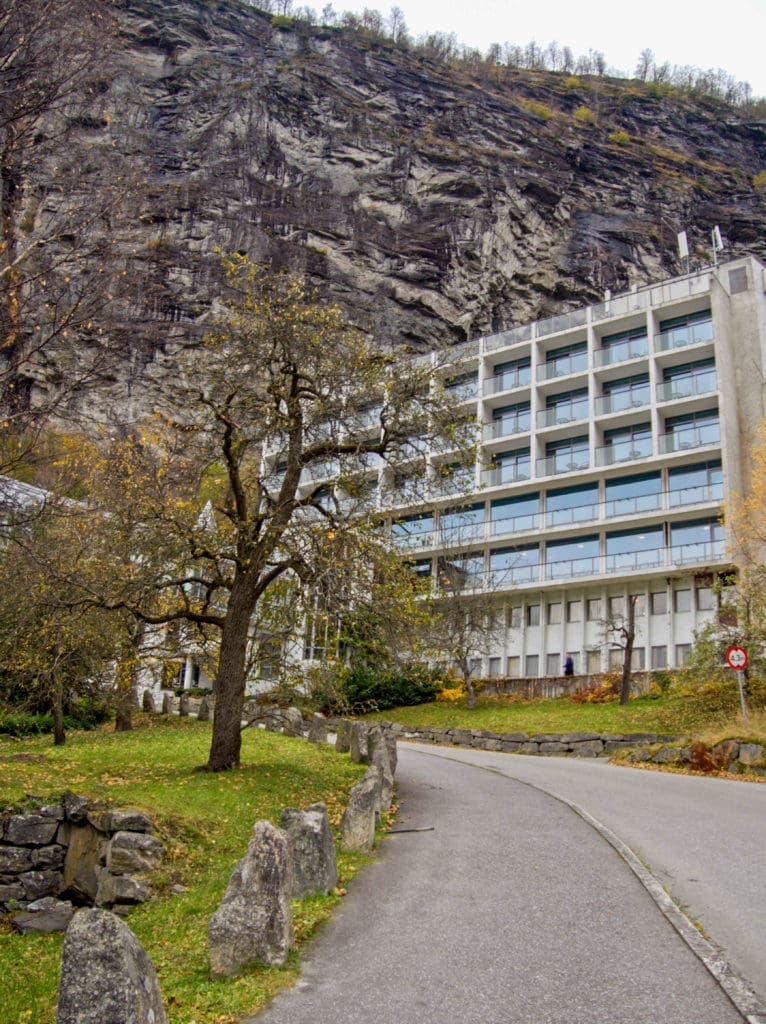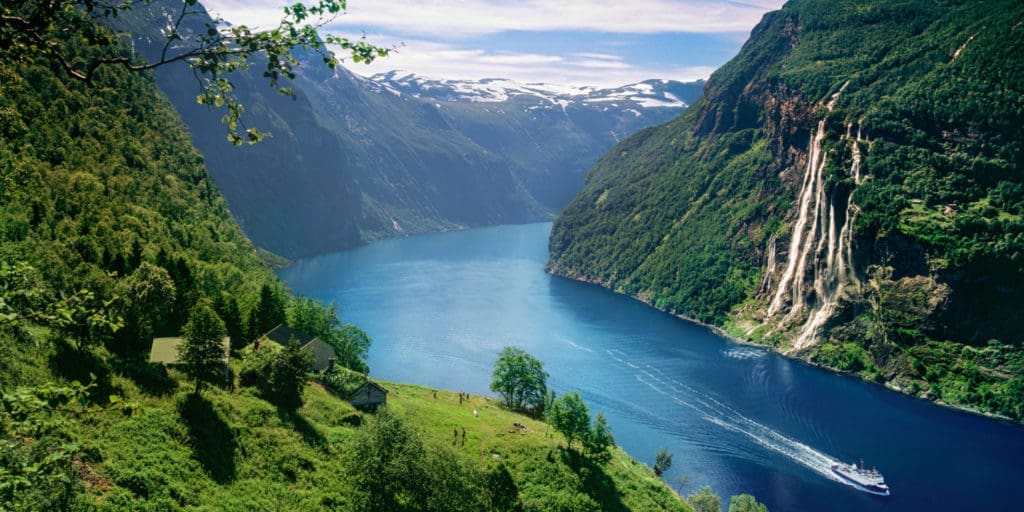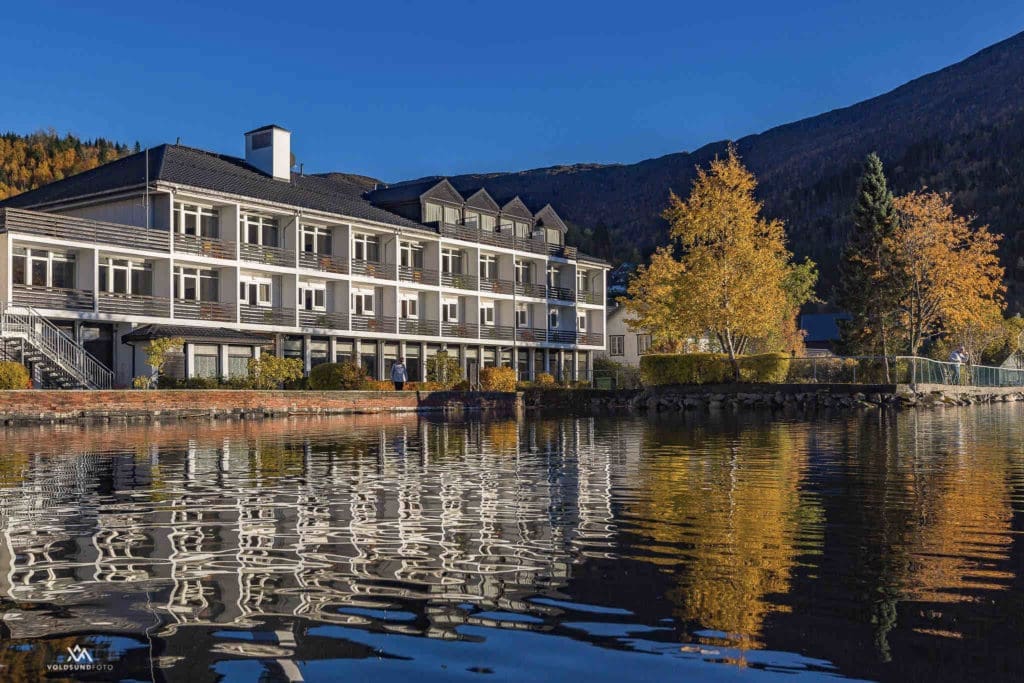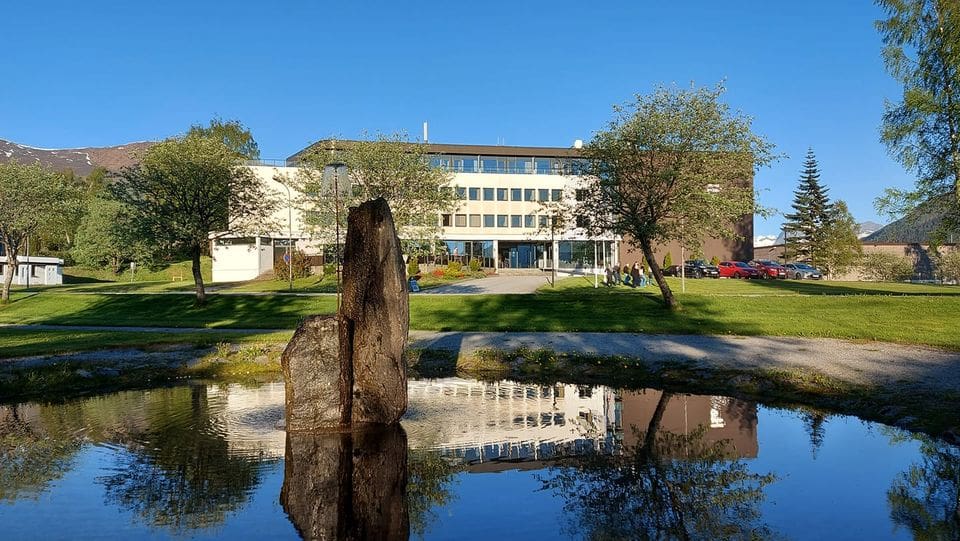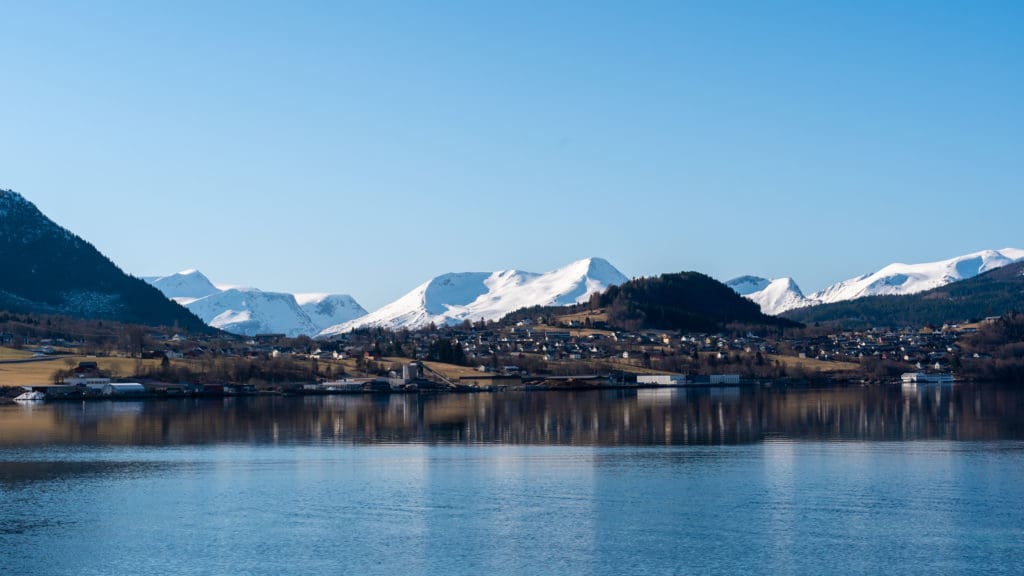Havila Hotels is part of the Havila Group’s commitment to tourism. We offer accommodation and experiences from peaks and mountains to fjords and shores. Havila has roots that go back to the 1950s when it started in fishing. Later, it ventured into offshore and ship technology before turning its attention to transport and tourism in the 2010s. The entry into tourism began through the transport of passengers and cargo. This occurred in 2011 with the acquisition of Smyril Line, which operates routes between the Faroe Islands and several European countries.
In its hometown of Fosnavåg, the Havila Group was a natural partner when the local business community collectively worked to develop the area by building Sunnmørsbadet, a hotel, and a concert hall. Thon Hotel Fosnavåg opened in 2014. The Sævik family, who owns the Havila Group, believes that tourism is a business area where one can create activity and profitable jobs.
In 2017, Havila Holding purchased Hotel Ivar Aasen in Ørsta.
In 2018, Havila expanded its tourism ventures by acquiring Hotel Raftevold in Hornindal and established a tourism axis from mountain to fjord and shore. The company Havila Hotels was founded, and in the same year, they were also involved in the launch of a new hotel in Torshavn in the Faroe Islands, where Havila now operates two hotels.
In 2020, Hotel Geiranger became part of Havila Hotels and was renamed Havila Hotel Geiranger. Additionally, the Havila Group has several other tourism ventures, including Havila Kystruten, which operates four new passenger ships sailing the traditional coastal route between Bergen and Kirkenes.

